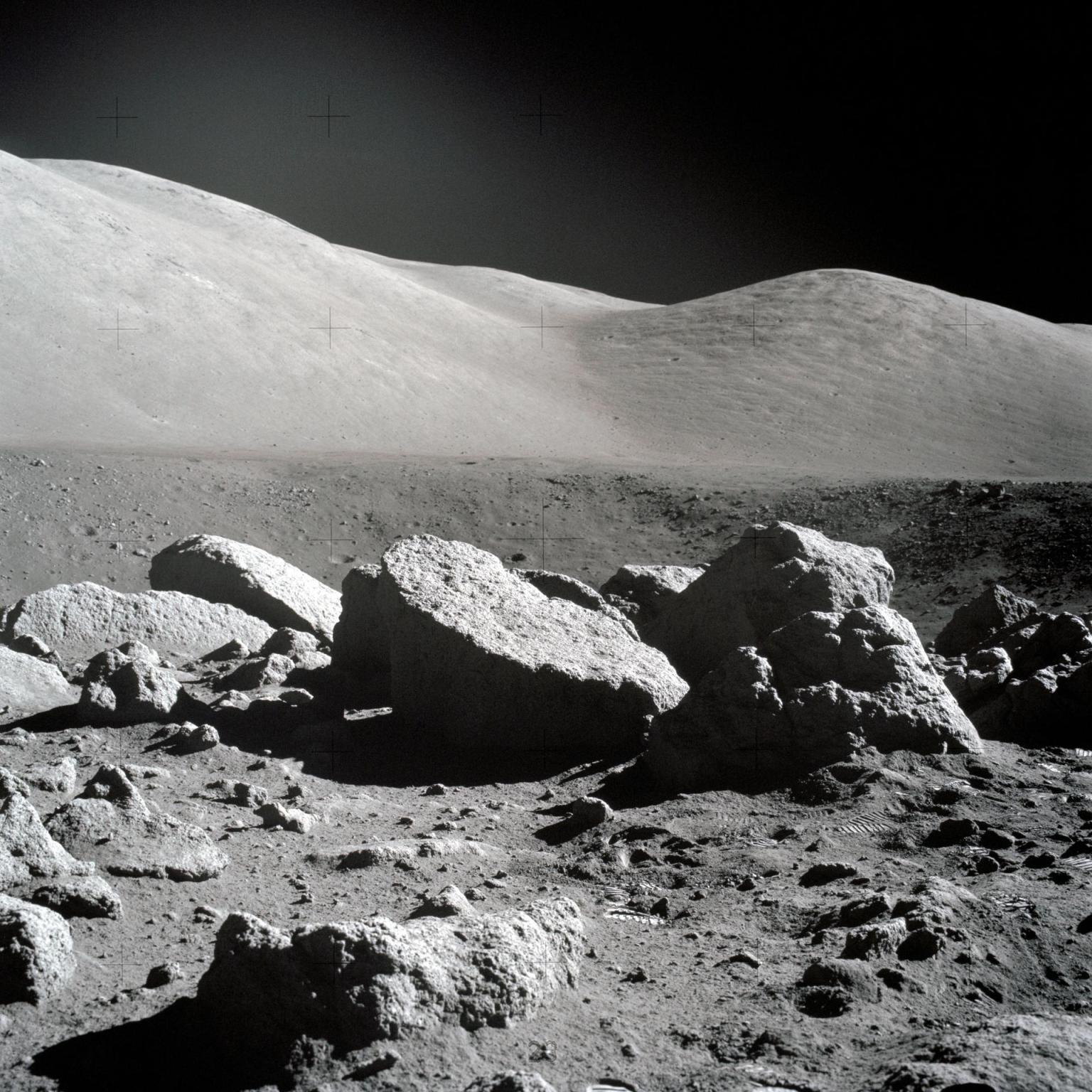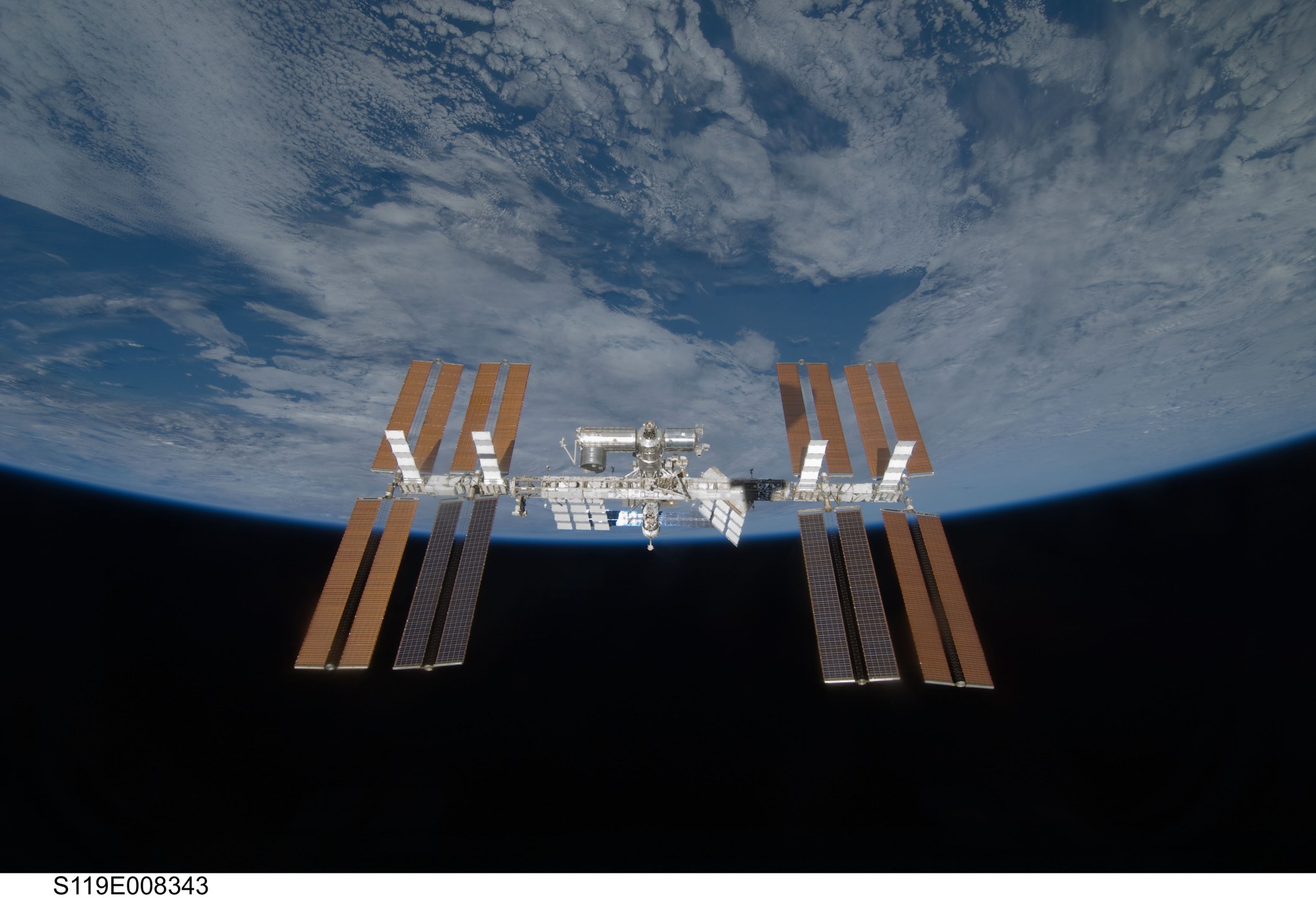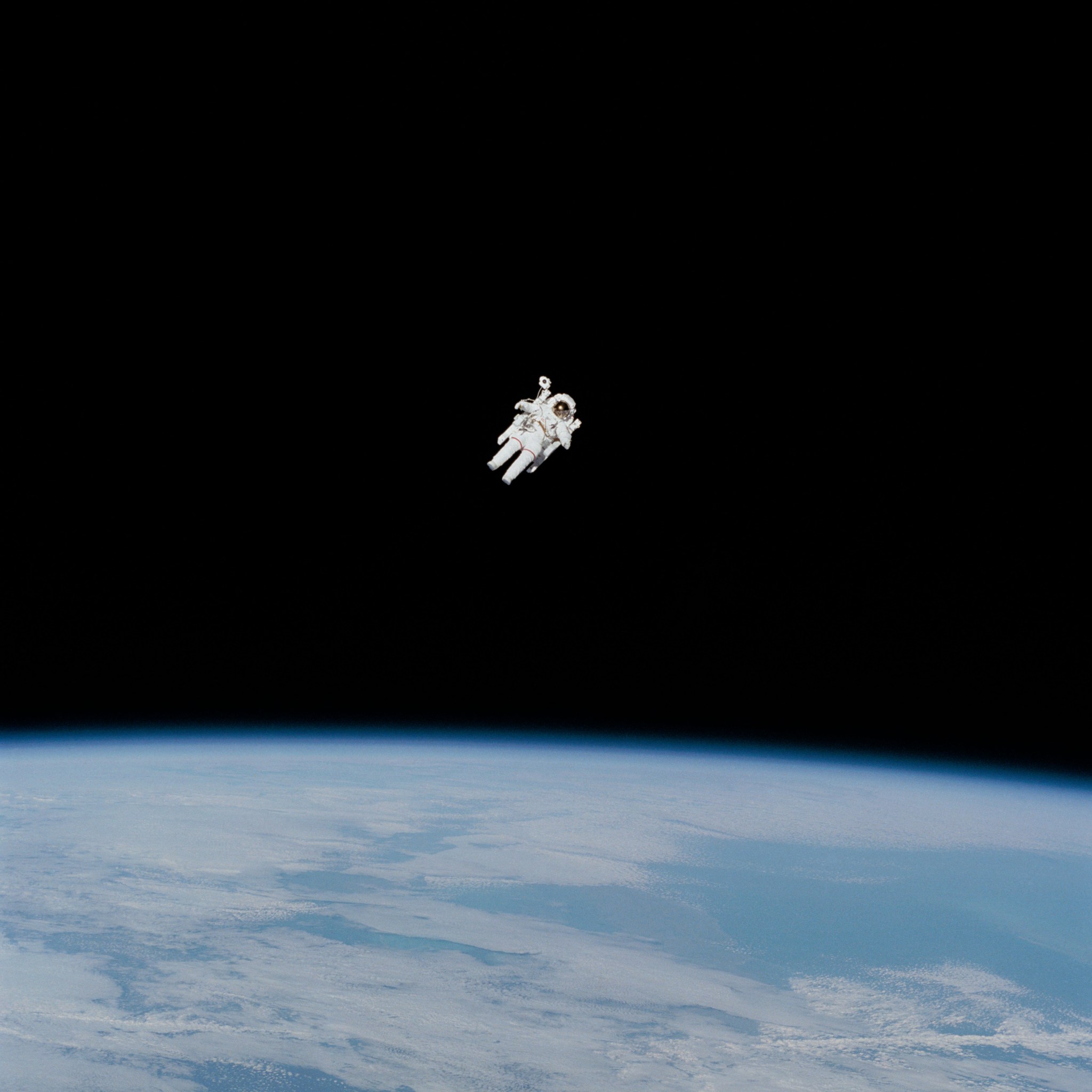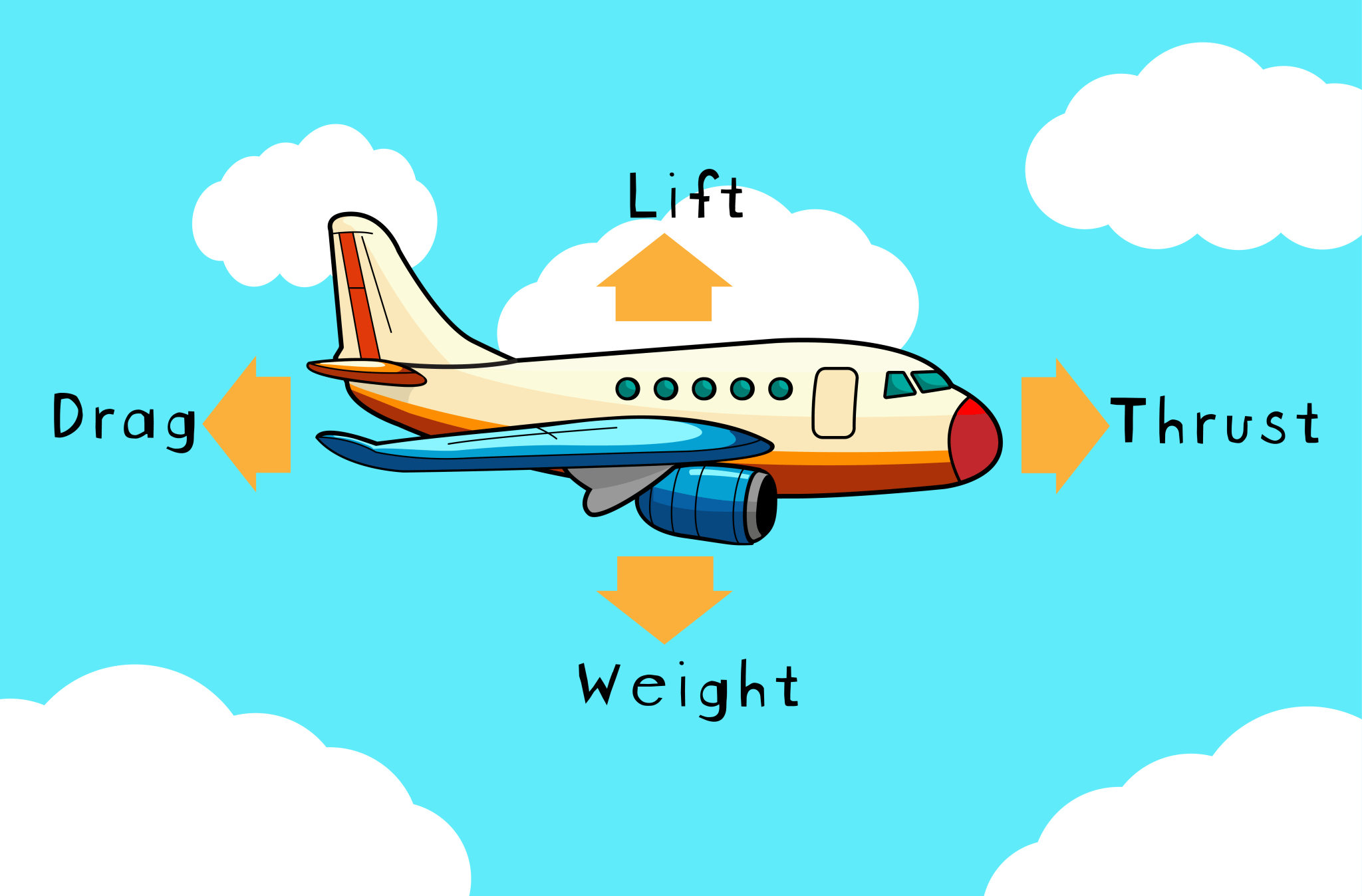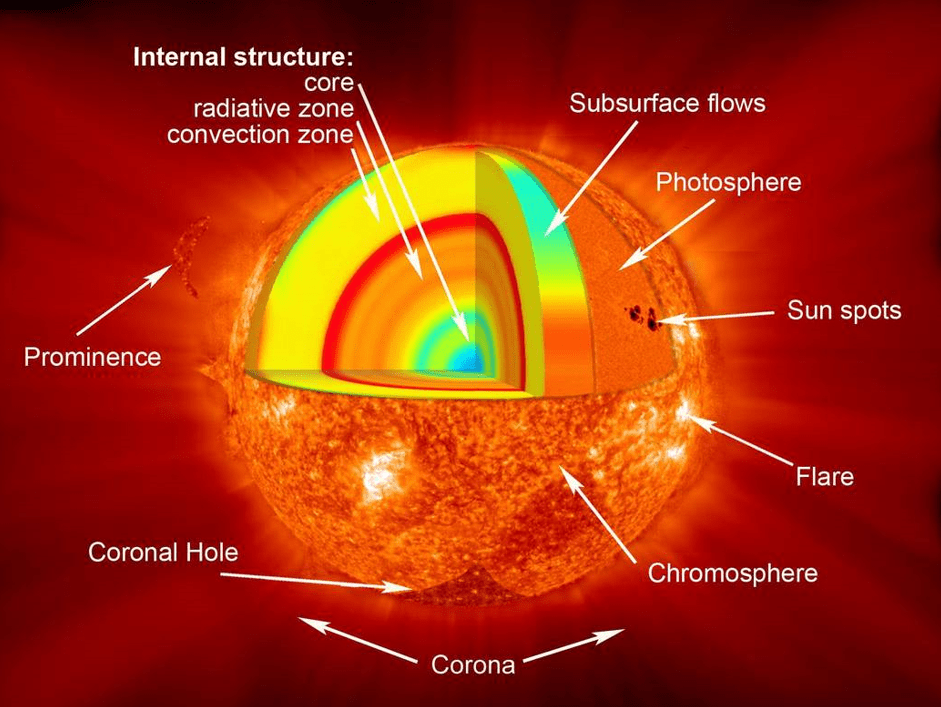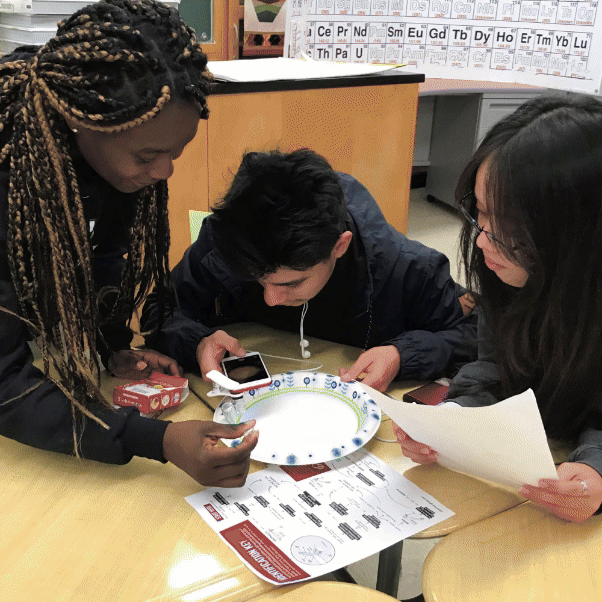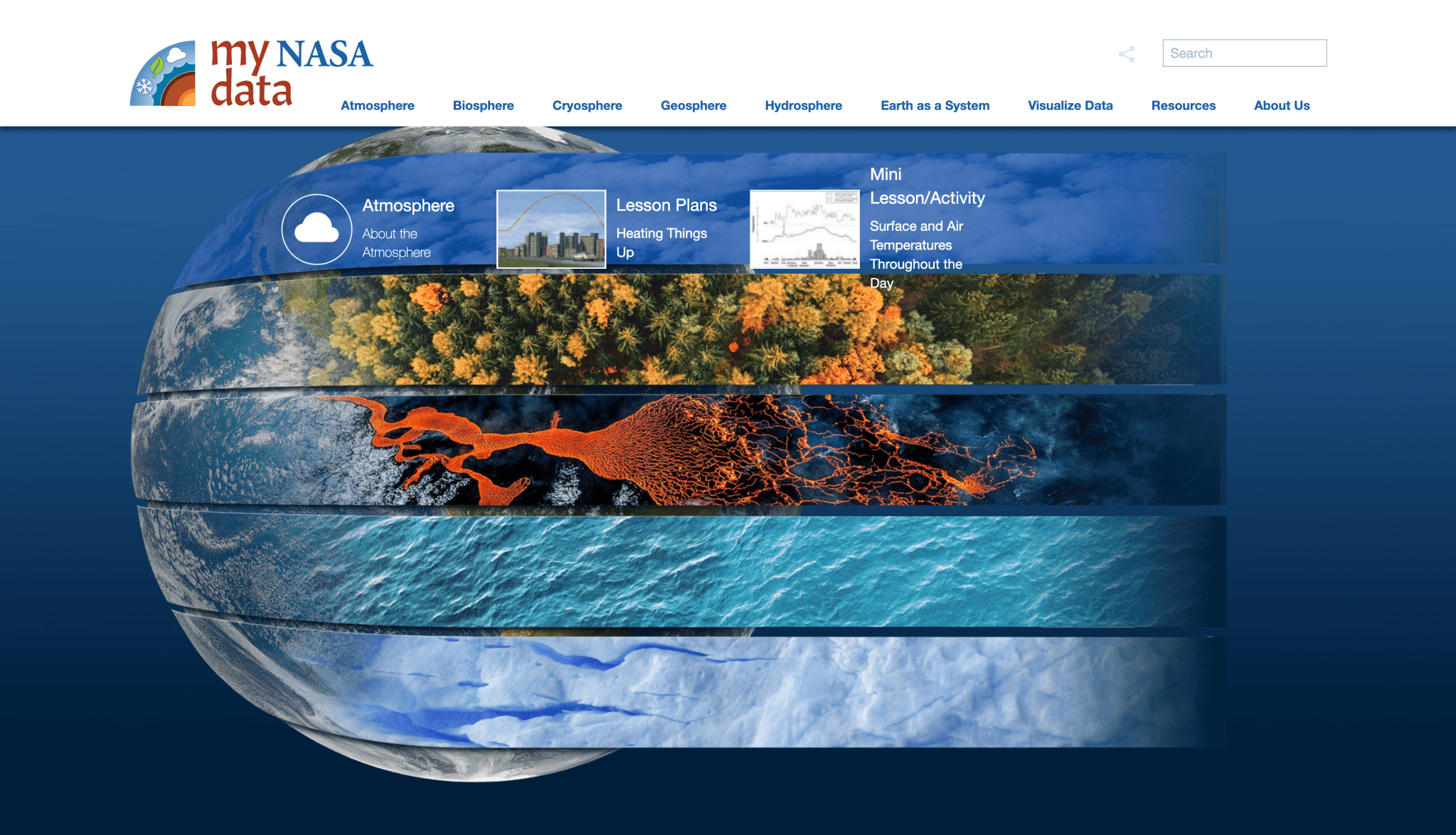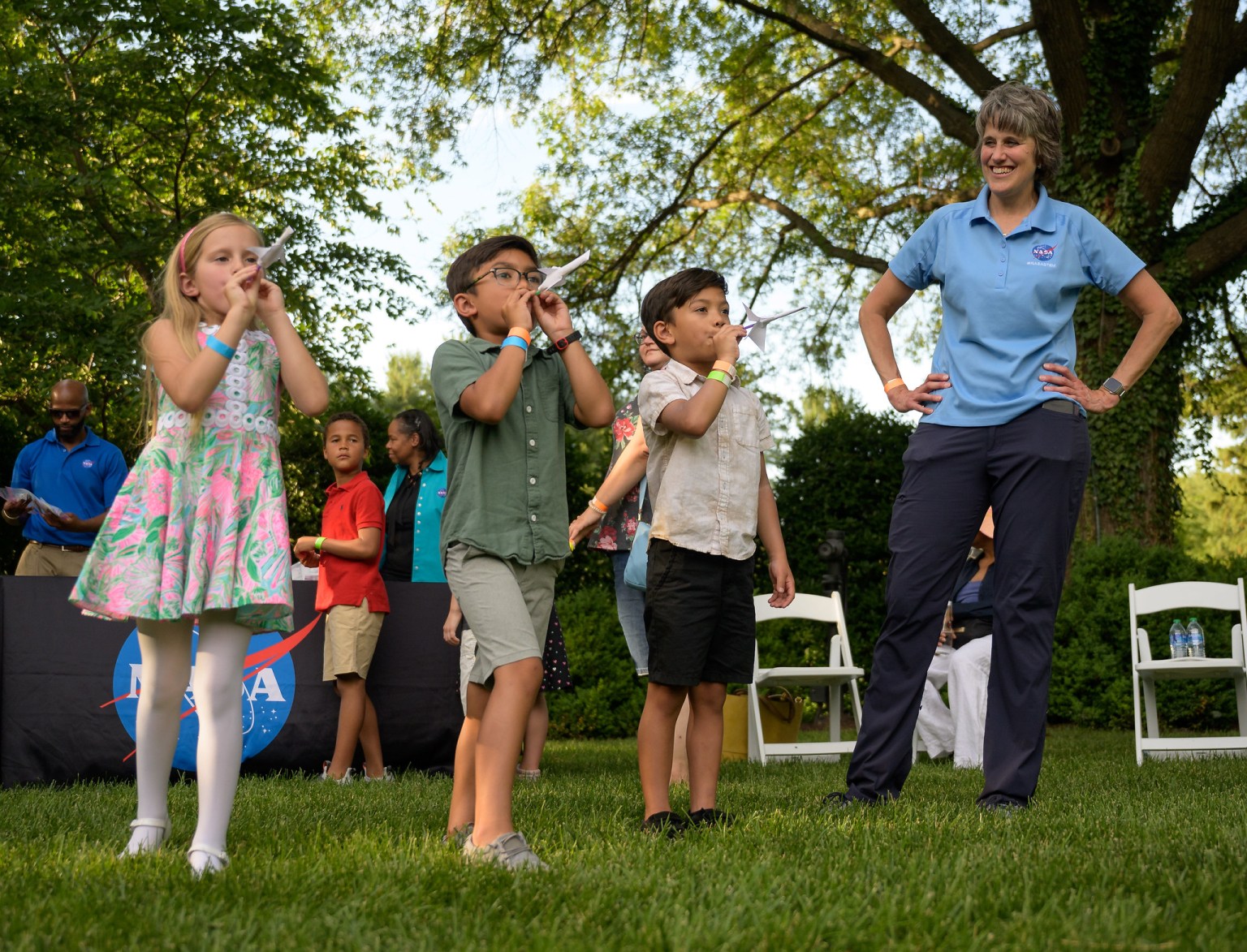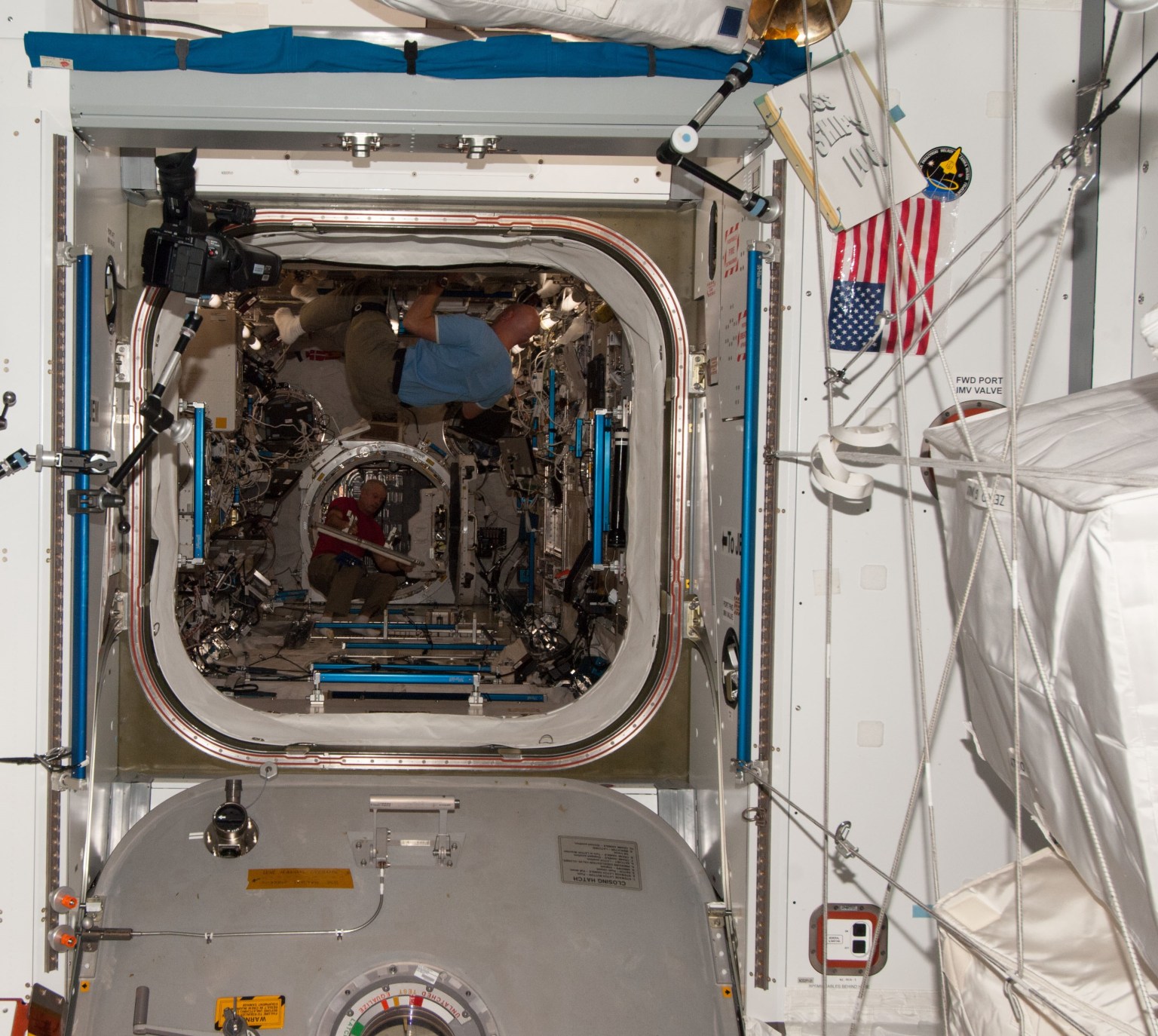5 Min Read What is Lunar Regolith? (Grades 5-8) This article is for students grades 5-8. The surface of the Moon is covered in a thick layer of boulders, rocks, and dust. This dusty, rocky layer is called lunar regolith. It was created a long time ago when meteorites crashed into the Moon and broke up the ground. NASA scientists study the regolith to learn more about the Moon’s history. But the smallest parts of the regolith make exploring the Moon very hard! That is why scientists are working to understand…
Read MoreTag: Grades 5 – 8
What Is the International Space Station? (Grades 5-8)
This article is for students grades 5-8. The International Space Station is a large spacecraft in orbit around Earth. It serves as a home where crews of astronauts and cosmonauts live. The space station is also a unique science laboratory. Several nations worked together to build and use the space station. The space station is made of parts that were assembled in space by astronauts. It orbits Earth at an average altitude of approximately 250 miles. It travels at 17,500 mph. This means it orbits Earth every 90 minutes. NASA is…
Read More¿Qué es una caminata espacial? (Grados 5.o a 8.o)
Este artículo es para estudiantes de 5.o a 8.o grado. Cada vez que un astronauta sale de un vehículo espacial, se dice que hace una actividad extravehicular (EVA, por sus siglas en inglés). A esto también se le llama caminata espacial. El astronauta ruso Alexei Leonov hizo la primera caminata espacial el 18 de marzo de 1965. La primera caminata espacial duró 10 minutos. El astronauta Ed White hizo la primera caminata espacial de un estadounidense durante la misión Géminis 4, el 3 de junio de 1965. La caminata espacial de White…
Read MoreWhat Is Aerodynamics? (Grades 5-8)
This article is for students grades 5-8. Aerodynamics is the way objects move through air. The rules of aerodynamics explain how an airplane is able to fly. Anything that moves through air is affected by aerodynamics, from a rocket blasting off, to a kite flying. Since they are surrounded by air, even cars are affected by aerodynamics. What Are the Four Forces of Flight? The four forces of flight are lift, weight, thrust and drag. These forces make an object move up and down, and faster or slower. The amount of…
Read MoreNASA Knows: How Does the Sun Behave? (Grades 5-8)
This article is for students grades 5-8. The Sun is the star of our solar system. Its gravity holds Earth and our planetary neighbors in its orbit. At 865,000 miles (1.4 million km) in diameter, it’s the largest object in our solar system. On Earth, its influence is felt in our weather, seasons, climate, and more. Let’s learn about our dynamic star and its connections to life on Earth. What is the Sun, and what is it made of? The Sun is a yellow dwarf star. It is approximately 4.5…
Read MoreNASA Knows – How Can I Get Involved With NASA Research?
5 min read Preparations for Next Moonwalk Simulations Underway (and Underwater) NASA provides a variety of pathways for those outside the agency to contribute to authentic and meaningful research. Whether you’re a student pursuing a degree in STEM (science, technology, engineering, or mathematics), an educator looking for new ways to engage your classroom, or a citizen scientist enthusiastic about sharing your observations, there’s a wide array of opportunities to get involved in NASA research. Citizen scientists around the world participate in environmental observation and measurement efforts through GLOBE. NASA Everybody…
Read MoreGoing Back-to-School with NASA Data
4 min read Preparations for Next Moonwalk Simulations Underway (and Underwater) As students head back to school, teachers have a new tool that brings NASA satellite data down to their earthly classrooms. The My NASA Data homepage categorizes content by areas of study called spheres and also Earth as a system. NASA/mynasadata.larc.nasa.gov For over 50 years of observing Earth, NASA’s satellites have collected petabytes of global science data (that’s millions and millions of gigabytes) – with terabytes more coming in by the day. Since 2004, the My NASA Data website has…
Read MoreSlow Your Student’s ‘Summer Slide’ and Beat Boredom With NASA STEM
4 Min Read Slow Your Student’s ‘Summer Slide’ and Beat Boredom With NASA STEM Creating and testing soda-straw rockets is a fun way for younger students to avoid the “summer slide” and stay engaged in STEM during summer vacation. Credits: NASA The school year has come to an end, and those long summer days are stretching ahead like an open runway. Parents and educators often worry about the “summer slide,” the concept that students may lose academic ground while out of school. But summer doesn’t mean students’ imaginations have to…
Read MoreFlag Day – One Small Flag’s Incredible Journey
4 Min Read Flag Day – One Small Flag’s Incredible Journey This article is for students grades 5-8. This story tells the tale of one small American flag fortunate enough to embark on an incredible journey. It wasn’t the first flag to ride into space, or the most famous flag that went into space — that honor probably goes to the Stars and Stripes planted on the Moon by the Apollo 11 astronauts in 1969. So what makes this one little flag so special? Let’s let the flag tell its own…
Read MoreWhat Is the Artemis Program? (Grades 5-8)
This article is for students grades 5-8. Artemis is NASA’s new lunar exploration program, which includes sending the first woman and first person of color on the Moon. Through the Artemis missions, NASA will use new technology to study the Moon in new and better ways, and prepare for human missions to Mars. Why Is This Program Called Artemis? The first missions to take astronauts to the Moon were called the Apollo Program. In 1961, President John F. Kennedy challenged the nation to land astronauts on the Moon by the…
Read More